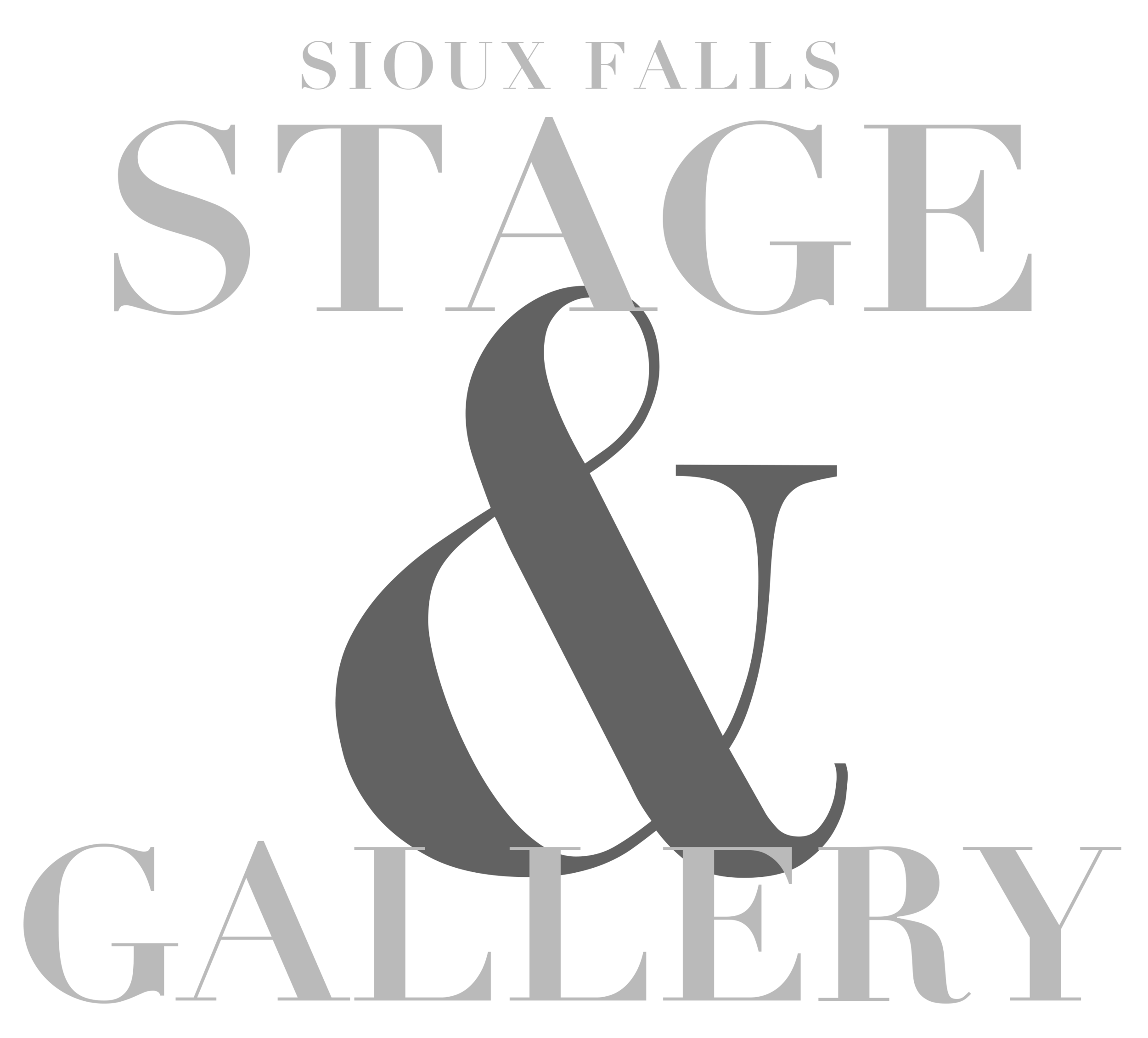Music with Meaning
Music shouldn’t just be for the few. At least that’s the way cellist Robbie Erhard sees it. Accessibility and bringing people together for the sake of experiencing something beautiful is at the core of his practice, and the South Dakota Symphony Orchestra (SDSO) principal cellist plans on keeping it that way.
“We find ourselves in a really divided time, so there are a lot of challenges we face as a society that are reflected in every community across the nation,” Erhard said. “I feel that music is one of those things that can bring groups of people together who otherwise may not come together. That’s what I believe in.”
Erhard comes by his musicianship honestly—both of his parents play professionally, his father a double-bass player and his mother a violinist. But his brush with music performance was a ship in the night in his early years.
“I decided to pursue it somewhat last-minute,” he said. “Between the ages of five and 16, there were eight years there where I was living in India and not really playing much cello. When I got back I sort of picked it back up and had to scramble a little to catch up.”
And catch up he did, successfully pursuing a music degree from his hometown school University of Colorado—Boulder.
“I’d already been taking lessons with the teacher there. From there, I did what the typical music students do in college—I went to summer music festivals, orchestral music festivals, chamber music festivals.”
The reality that he could be a musician as a career drew him to a life in the performing arts. “I had a variety of interests, but I felt that if I could have a life where making music and sharing music with audiences and other musicians could be what I did, that would be pretty incredible.”
Post-undergrad, Erhard earned a Master’s in performance at Eastman School of Music in Rochester, N.Y., before moving back home to Colorado for some string quartet stints. But the stability of playing with an orchestra drew him to audition for his current role.
“I was in the semis and the finals for some auditions, but I hadn’t landed anything yet,” he said. “I was at home in my parents’ basement, which is a great motivator to be practicing, and a friend of mine, who plays in the cello section in the South Dakota Symphony, mentioned they were looking for a principal.”
Thankfully Erhard’s position with the orchestra, which began in September, has included work in the quartet setting with the Dakota String Quartet, something for which he has developed a great appreciation.
“It’s always been where I’m most musically rewarded,” he said. “All the greatest composers from the time of Haydn up to now have written some of their best music for that specific instrumentation.
“I love doing it, because it’s really about exploring their compositional process—kind of what makes them tick as a performer. You learn each composer’s musical language, because, in a quartet, you have to take complete responsibility for your part.”
That passion for going in-depth with the pieces he plays and truly deciphering the intentions of each score put in front of him has been a longstanding one for Erhard. His collegiate experience included frequent viewings—and sometimes performance opportunities—with the acclaimed Takács Quartet.
“I have so many memories of sitting there and watching what incredible musicians they were and how much they committed to communicating with each other and the audience,” he said, “just really embodying the spirit and the character of the music.”
That’s an experience the cellist doesn’t think should be limited to any one group of people, a mission he’s been able to live out in his time with SDSO. “The orchestra here in Sioux Falls is a really great example of where the orchestra is part of the community in a way that’s not just for people who can afford a full-priced ticket.
“We’ve played all across the state, all across the city. The effort is to bring the music to all people and make it accessible—to emphasize that music can bring healing to people.”
Some of his most meaningful experiences playing with SDSO have been outside the traditional concert setting, too, both in performative and educational settings.
“To me, it’s not as important to be sitting on stage playing this great piece of music in a very prestigious concert hall,” he said. “I think you can feel far away when you’re on the stage in a tuxedo. It can be hard to feel like you’re in the heart of the community. If I’m playing at a nursing home, that feels in many ways much more meaningful to me.”
Erhard has also enjoyed SDSO’s efforts to bring musicians into area schools to work with children in the early stages of their musicianship. He is additionally on staff at Augustana University and has about 10-11 regular students.
The blessing of having music be such a large part of his life is not lost on Erhard, who feels particularly fortunate to have found such a welcoming place as Sioux Falls to perform.
“We’re at a really difficult time right now with what’s happening with the pandemic,” he said. “Obviously, before the pandemic, orchestras were not performing for sold-out halls all the time.
“Playing outside the concert hall, I know that these are people who don’t always get to come hear a concert or who might be quite lonely. Or going into a school and working with kids who don’t have access to the same privileges that I’ve had access to. Being aware of these things going forward is really important to me. SDSO does have a real commitment to that.”

